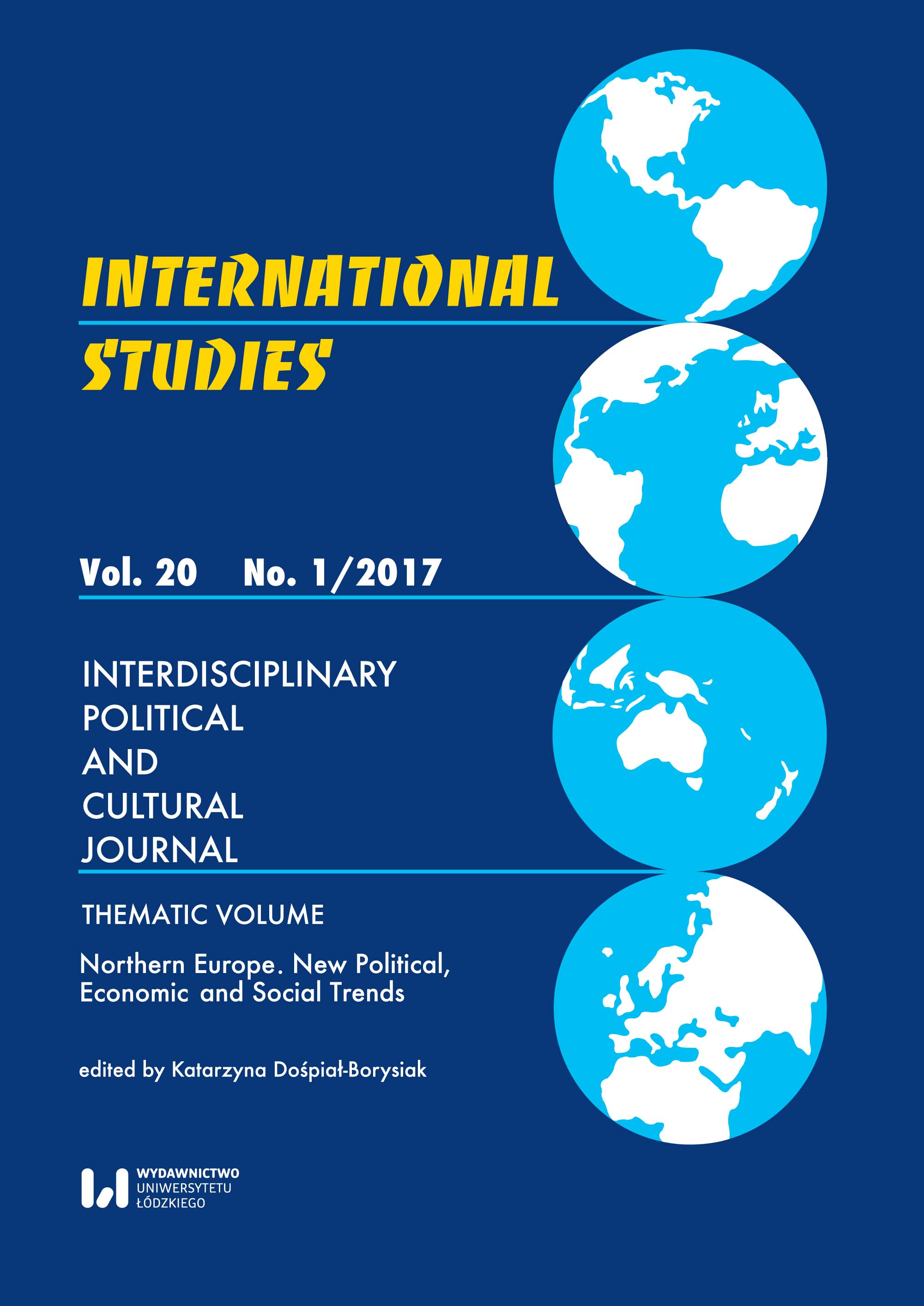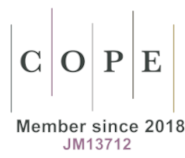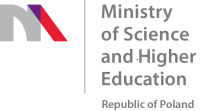Migration Processes in Contemporary Estonia
DOI:
https://doi.org/10.1515/ipcj-2017-0017Keywords:
Emigration from Estonia, migration movements, social changes, post-Soviet Estonia, modern Estonian societyAbstract
This article examines migration trends in contemporary Estonia, focusing on migrant movements, legal regulations applying to migrants and national policies dealing with migration. Estonia is a multi-ethnic country in which both immigration and emigration occur on a considerable scale; consequently, understanding migration patterns and trends is particularly important. Historical factors have influenced Estonian society in a way which has necessitated the implementation of integration programmes and strategies aimed at social consolidation. The article features an analysis of the main changes in migration movements in Estonia since it gained independence and presents contemporary tendencies.
Downloads
References
Antrop, M., Why landscapes of the past are important for the future. “Landscape and Urban Planning”, 1–2, 2005, pp. 21–34.
Google Scholar
Castles, S. and de Haas. H, and Miller. M. J, Age of Migration. Palgrave, New York 2013.
Google Scholar
Castles, S., International Migration at the Beginning of the Twenty-First Century: Global Trends and Issues, “International Social Science Journal”, 165, 2010, pp. 269–281.
Google Scholar
Kowalenko, J., and Mensah. P, and Leončikas. T, New Immigrations In Estonia, Latvia and Lithuania. Legal Information Centre for Human Rights, Tallinn 2010, pp. 4–10.
Google Scholar
Okólski, M., The effects of political and economic transition on international migration in Central and Eastern Europe, [in] International Migration. Prospects and Policies, eds. J.E. Taylor and D.S. Massey, Oxford University Press, Oxford 2004, pp. 35–58.
Google Scholar
Patten. A, and Kymlicka. W, Introduction: Language Rights and Political Theory: Contexts, Issues, and Approaches, [in] Language Rights and Political Theory, eds. A. Patten and W. Kymlicka, Oxford University Press, Oxford 2003, pp. 2–36.
Google Scholar
State Programme Integration in Estonian Society 2000–2007 adopted by the Estonian Government (14 March 2000). Web. 15 June 2015 http://www.rahvastikuminister.ee/public/state_programme111.pdf
Google Scholar
State Programme Integration in Estonian Society 2008–2013, Tallinn 2008. Web. 12 June 2015 https://ec.europa.eu/migrant-integration/
Google Scholar
Statistics Estonia, public database. Web 12 June 2015 http://pub.stat.ee
Google Scholar
The Estonian Foreign Language Strategy 2008–2013, November 2007, Tallinn 2007.
Google Scholar
Downloads
Published
How to Cite
Issue
Section
License
Copyright (c) 2017 International Studies. Interdisciplinary Political and Cultural Journal

This work is licensed under a Creative Commons Attribution-NonCommercial-NoDerivatives 4.0 International License.

















